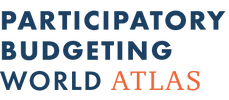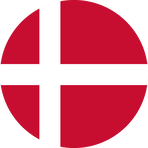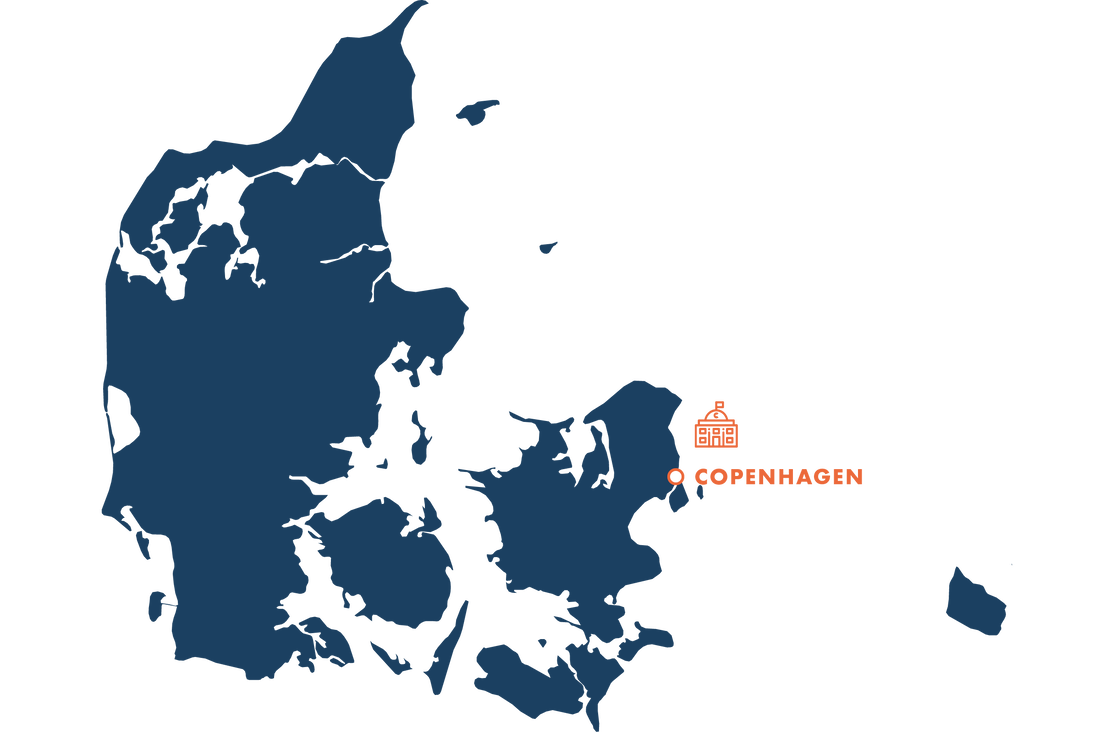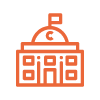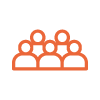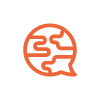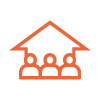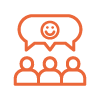Outstanding innovation
|
Thank you for supporting this project. if you want to share your opinion or take part on it just write us!Obrigado por apoiar este projeto. Se quiser partilhar a sua opinião ou fazer parte do mesmo escreva-nos! |
atlas@oficina.org.pt
|
Powered by Epopeia Brands™ | Make It Happen
|
